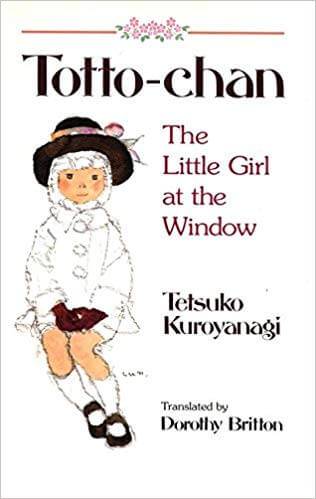Sravanthi Challapalli
Tetsuko Kuroyanagi is one of Japan’s premier television personalities and was appointed a Goodwill Ambassador for UNICEF in 1984. The book Totto-chan: The Little Girl at the Window is her autobiographical tribute to her headmaster Sosaku Kobayashi who set up Tomoe Gakuen, the unconventional elementary school she (Totto-chan) attended as a child.
The book is all about the positivity and stress-free education that Kobayashi aspired to give his wards. There are lessons from lunchboxes – the children are asked to get “something from the ocean and something from the hills” for a balanced diet and they discuss where the food comes from and how it is made. Train coaches serve as classrooms. There are walks and excursions that teach children about science, history and biology.
The children are not assigned fixed places in the classroom. They are encouraged to spend time on whatever they like so that the teachers can observe where their interests lie and teach them accordingly. “At the beginning of the first period, the teacher made a list of all the problems and questions in the subjects to be studied that day. Then she would say, “Now, start with any of these you like.” … the fact that they had all day to cope with the subjects they disliked meant they could usually manage them somehow. So study was mostly independent, with pupils free to go and consult the teacher whenever necessary.” Even the first-graders could do that, be it working on the alphabet, drawing pictures, reading or even stretching.
Kobayashi treats the children as responsible individuals worthy of trust. Readers may be surprised to note that the students are allowed to swim nude in the pool as the headmaster thought it would nip in the bud morbid curiosity about the differences between male and female bodies.
Sadly, though, Tomoe’s eight-year-old existence meets an end in the air raids on Tokyo during World War II. Kobayashi, who has earlier toured Europe to study the educational methods there, goes on to set up a kindergarten school and later gets involved with many aspects of children’s education.
The book report should not end without the mention of Totto-chan’s mother, who is a mature parent. Totto-chan joins Tomoe as she is expelled from her school for extreme naughtiness. However, her mother hides this from her for fear of putting her off school or developing a complex. She and Kobayashi are models for how parents and educators can envelop students in a warm blanket of affection and responsibility and lay a solid foundation for life ahead.







